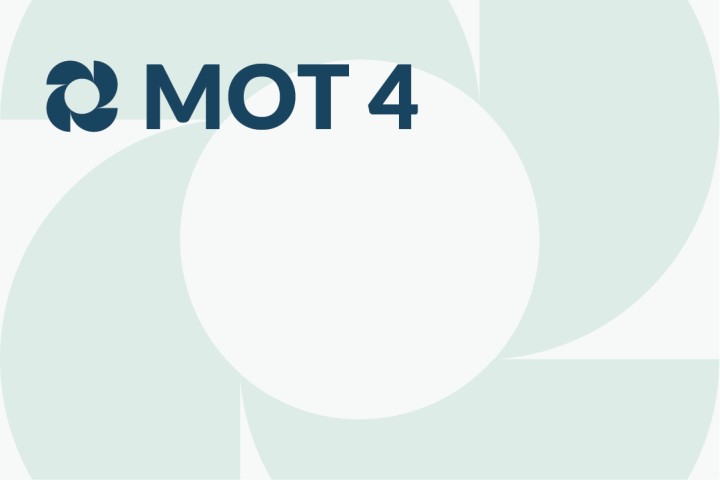
Biobased Chemistry
The first Moonshot research trajectory, Bio-Based Chemistry (MOT1), drives research into alternative feedstocks derived from biomass. These alternatives will be renewable and reduce fossil carbon use.

The first Moonshot research trajectory, Bio-Based Chemistry (MOT1), drives research into alternative feedstocks derived from biomass. These alternatives will be renewable and reduce fossil carbon use.

The second Moonshot Research Trajectory, Circularity of Carbon in Materials (MOT2), supports innovative research into the recycling and reusing of plastic waste.

The third Moonshot research trajectory, Electrification and Radical Process Transformation (MOT3), specifically supports research into future-proof carbon-smart processes.

The fourth Moonshot research trajectory on energy innovation (MOT4) specifically supports research into sustainable energy solutions.
Innovative Moonshot research will enable the development of breakthrough technologies by 2040 to create new climate-friendly technologies, products and processes.
Fortunately, Flanders does not have to start from scratch. Flanders has a strong knowledge base and an innovative industry that is already putting promising technologies into practice. Moonshot identifies five core competencies, or enablers, as specific strengths Flanders that can build on: conversion technology, separation technology, predictive technology, energy storage and energy transport.
Through these enablers, four closely connected Moonshot Research Trajectories (Moonshot OnderzoeksTraject or MOT) were initiated. In each MOT, innovative research concerning the MOT topic is pursued. Click on the images below to learn more about each MOT.